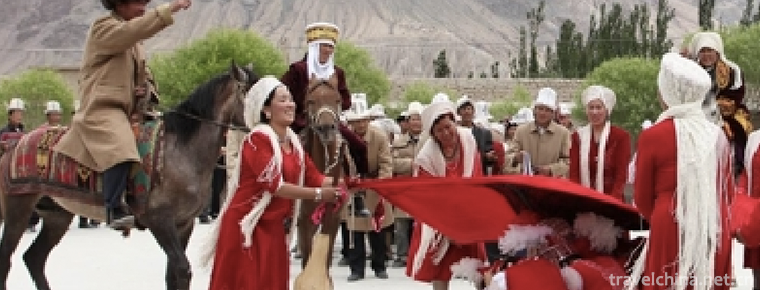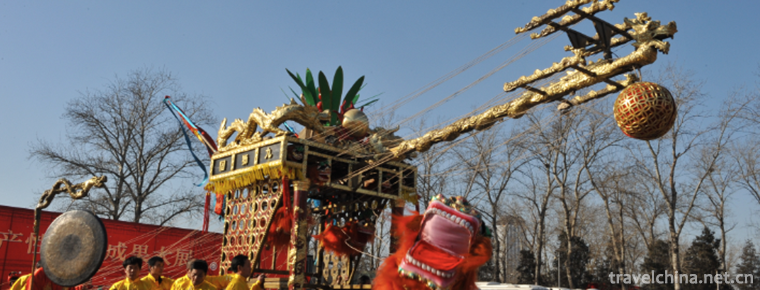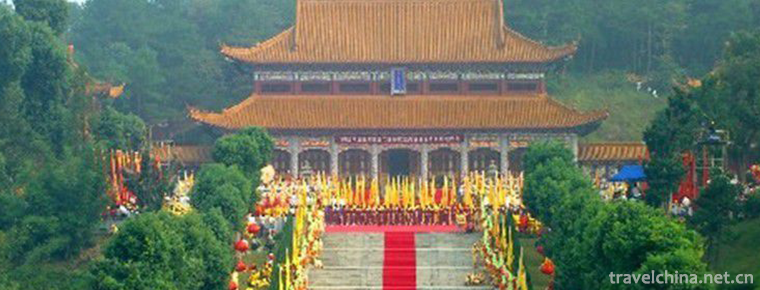Beijing Electronic Science and Technology Institute
Beijing Electronic Science and Technology Institute
Beijing Electronic Science and Technology Institute is a general university which trains specialists in information security and office automation for Party and government organs at all levels. The College belongs to the General Office of the Central Committee of the Communist Party of China.
The predecessor of the Institute was the training course for young cadres of the Central Committee of Labour, which was held in Xibaipo, Pingshan County, Hebei Province in August 1947, and was directly managed by the Central Committee of Labour. In the past 70 years, it has experienced the development periods of Zhangjiakou Military Commission Engineering School, Beijing Electronic College and Beijing Institute of Electronic Science and Technology. The College is located at No. 7 Fufeng Road, Fengtai District, Beijing. There are more than 2000 full-time students.
Since its establishment, the College has always received the cordial care and great attention of the leadership of the Party Central Committee and the General Office of the Central Committee. Comrades Mao Zedong, Deng Xiaoping, Jiang Zemin, Hu Jintao and Xi Jinping wrote inscriptions and encouragement successively. Comrade Jiang Zemin also wrote the name of the college. Qiao Shi, Wen Jiabao, Zeng Qinghong, Wang Gang, Li Zhanshu and other leading comrades of the Central Committee have made many important instructions for the development and construction of the College and have visited the College many times.
With the development of the college, it has become a teaching-oriented general higher education institution, which mainly focuses on work and coordinates the development of science, engineering and management. There are four departments and two teaching departments: Department of Cryptography Science and Technology, Department of Cyberspace Security, Department of Electronic and Communications Engineering, Department of Management, Department of Ideological and Political Theory Teaching and Research and Department of Humanities and Social Sciences Teaching and Research. There are eight undergraduate majors.
The College has one academic master's authorization point for the first-level disciplines of cyberspace security, one professional master's degree authorization point for electronic information categories (including electronic and communication engineering and computer technology), and one academic type for cryptography, information and communication engineering and computer application technology jointly trained with Xi'an University of Electronic Science and Technology. Master's degree and doctoral degree in Cyberspace Security with China University of Science and Technology and Beijing University of Posts and Telecommunications.
The college actively implements the strategy of "strengthening the university with talents", and has a strong teaching and scientific research force. More than 55% of full-time teachers have senior titles and 85% have master's and doctoral degrees. More than 20 teachers enjoy the special allowance of the State Council Government. Many of them have been awarded the titles of "Famous Teachers in Beijing Teaching", "Excellent Teachers in Beijing" and "Young Backbone Teachers in Beijing".
The College has provided a large number of high-quality talents for the Party and the country. Among the alumni, there emerged a number of pacesetters and advanced model figures from all walks of life. More than 50 people had held leading posts at provincial, ministerial, military and state bureaus, and more than 400 people held leading posts at the level of state ministries and departments.


-
Kanas Scenic Area in Altay Area
Kanas Scenic Area is located in the middle section of Altai Mountain in Xinjiang, which is located in the border area between China and Kazakhstan, Russia and Mongolia.
Views: 108 Time 2018-12-12 -
Shibing Karst
Karst is karst. It is the general name of the geological function of water in dissolving rock (carbonate rock, gypsum, rock salt, etc.) mainly by chemical dissolution.
Views: 225 Time 2019-02-08 -
Yushui Ancient Hot Spring
Maoming Yushui Ancient Hot Spring, under the Yuyi Shishan Mountain, beside the ancient post road, hot springs are all over the place. The water is boiling all the time. Officials in counties and citie.
Views: 138 Time 2019-03-09 -
Fuzhou bodiless lacquerware decoration skills
Fuzhou bodiless lacquerware decoration technology, Fuzhou, Fujian Province, local traditional handicraft, one of the national intangible cultural heritage..
Views: 172 Time 2019-04-30 -
Guanyin legend
Guanyin legend is one of the ancient local folklores in Zhoushan, Zhejiang Province. It is one of the second batch of national intangible cultural heritage list published by the State Council..
Views: 141 Time 2019-05-01 -
Kirgizyolon
The "Yolong Song" of Kirgiz is a kind of folk etiquette song spread in the Kirgiz inhabited area living in Pamir area. As a cross-ethnic, cross-cultural and cross-regional phenomenon of folk.
Views: 292 Time 2019-05-09 -
Glass Firing Techniques
Glass firing technology, Beijing Mentougou District, Shanxi Province, local traditional handicraft, one of the national intangible cultural heritage..
Views: 169 Time 2019-05-14 -
Nuwa Festival
Nuwa Festival is an ancient traditional folk custom and folk religious and cultural activity. Legend has it that the eighteenth day of the third month of the lunar calendar is Nuwa's birthday. Therefo.
Views: 242 Time 2019-06-08 -
Line lion
Line lion is a local traditional lion dance in Ningde City, Fujian Province. Shiqiaotou village's line lion nine lions map originated from the celebration of the Lantern Festival on the 15th day of th.
Views: 199 Time 2019-07-03 -
Yandi Festival
"Yandi Mausoleum Festival" is divided into official and folk sacrifices. Folk sacrifice began in summer, official sacrifice originated in Zhou, and Emperor sacrifice originated in Tang Dynas.
Views: 165 Time 2019-07-10 -
Education in Panzhihua
By the end of 2018, Panzhihua had 2 ordinary colleges and universities, 56 ordinary secondary schools, 7 secondary professional schools, 60 primary schools and 194 kindergartens. There are 26617 students in Colleges and universities, 72372 students in secondary schools.
Views: 332 Time 2020-12-14 -
Hydrology in Luzhou
There are many large, medium and small rivers in Luzhou, but the runoff of small streams is short. The rivers in the territory belong to the Yangtze River system, with the Yangtze River as the main trunk, distributed in a tree shape, and flow into the Yangtze River from south to North.
Views: 377 Time 2020-12-14










